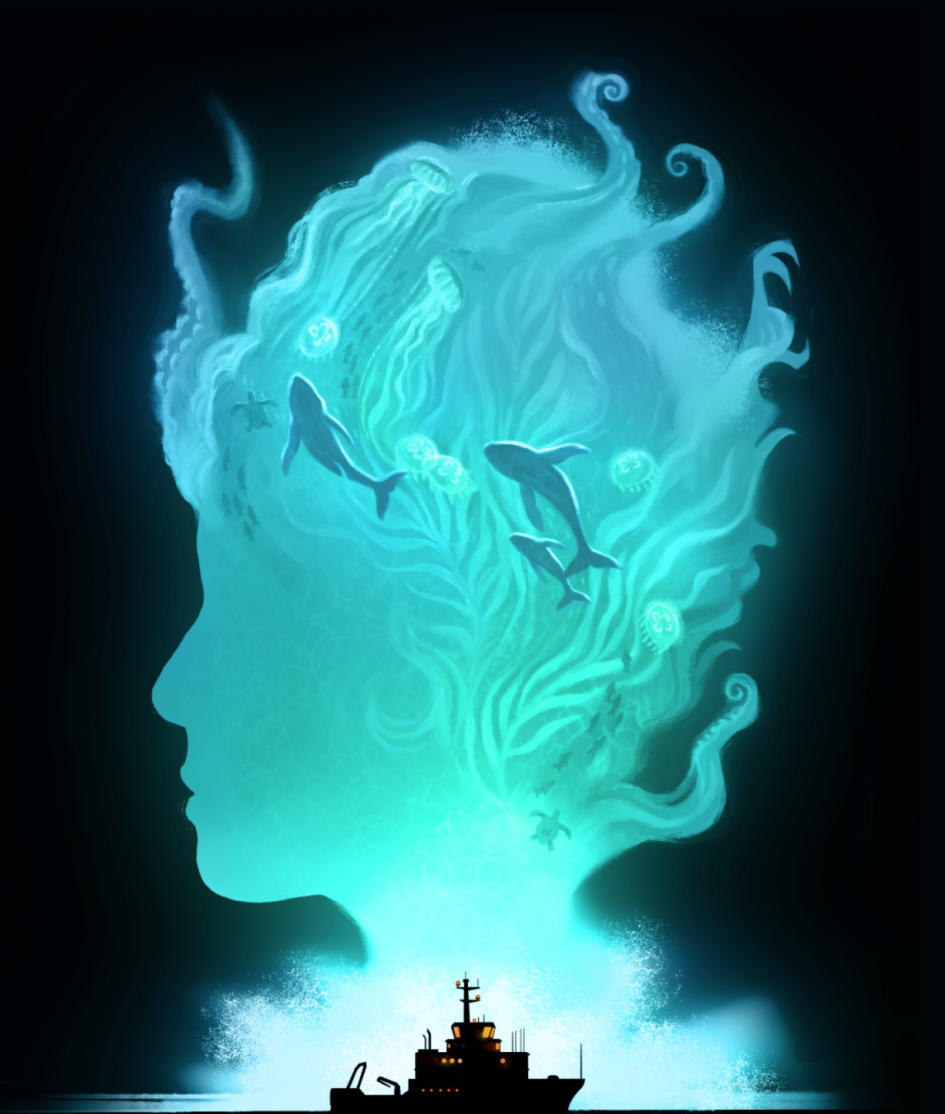If you are using Wake: Tales from the Aqualab with your students, we want to know! Stipend provided.
Find out more





Play as a young scientist faced with scientific challenges across multiple oceanic ecosystems. Made in partnership with Harvard and the Penn Center for Learning Analytics. Funding provided by NSF

Wake: Tales from the Aqualab targets the NGSS science practices of experimentation, modeling, and argumentation. The tools students will use to explore the ecosystems and complete challenges in the game, include:
Experimentation Tools:
Modeling Tools:
Argumentation Tools:
The following NGSS standards are most closely tied to Aqualab activities:
MS-LS1-4.
Use argument based on empirical evidence and scientific reasoning to support an explanation for how characteristic animal behaviors and specialized plant structures affect the probability of successful reproduction of animals and plants respectively.
MS-LS1-5.
Construct a scientific explanation based on evidence for how environmental and genetic factors influence the growth of organisms.
MS-LS2-1.
Analyze and interpret data to provide evidence for the effects of resource availability on organisms and populations of organisms in an ecosystem.
MS-LS2-3.
Develop a model to describe the cycling of matter and flow of energy among living and nonliving parts of an ecosystem.
MS-LS2-4.
Construct an argument supported by empirical evidence that changes to physical or biological components of an ecosystem affect populations.
MS-LS4-4.
Construct an explanation based on evidence that describes how genetic variations of traits in a population increase some individuals' probability of surviving and reproducing in a specific environment.
MS-LS4-6.
Use mathematical representations to support explanations of how natural selection may lead to increases and decreases of specific traits in populations over time.
MS-ESS3-3.
Apply scientific principles to design a method for monitoring and minimizing a human impact on the environment.
Wake was developed as the result of a partnership between Field Day Learning Games, the Wisconsin Center for Education Research (UW-Madison), Harvard University, and the Penn Center for Learning Analytics.
NSF Collaborative Research: Developing an Online Game to Teach Middle School Students Science Research Practices in the Life Sciences; DRL-1907384, DRL-1907398, and DRL-1907437